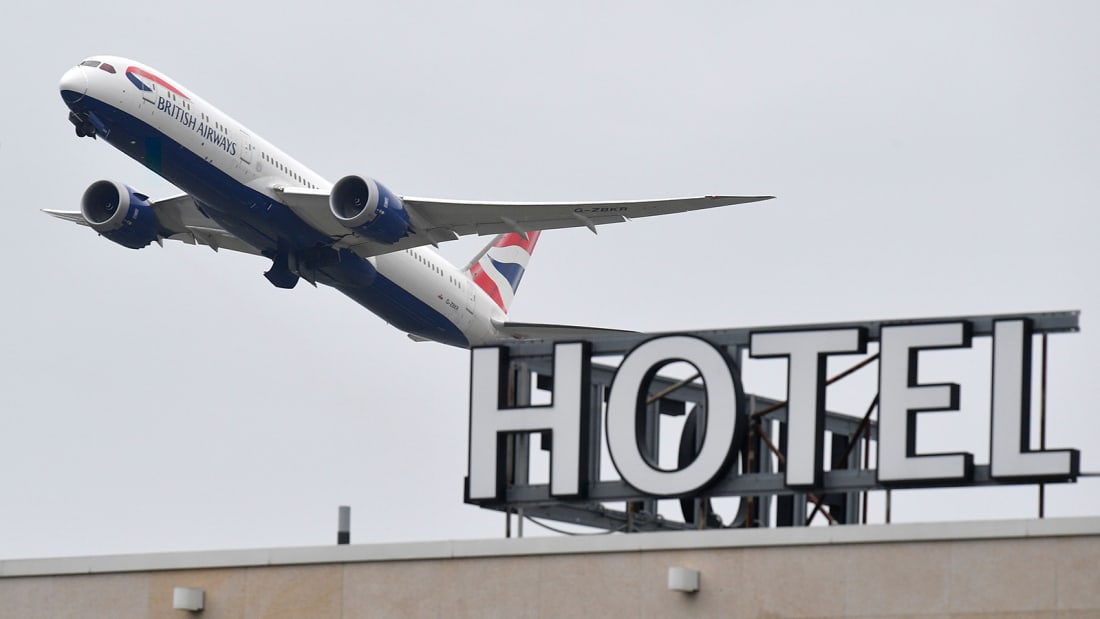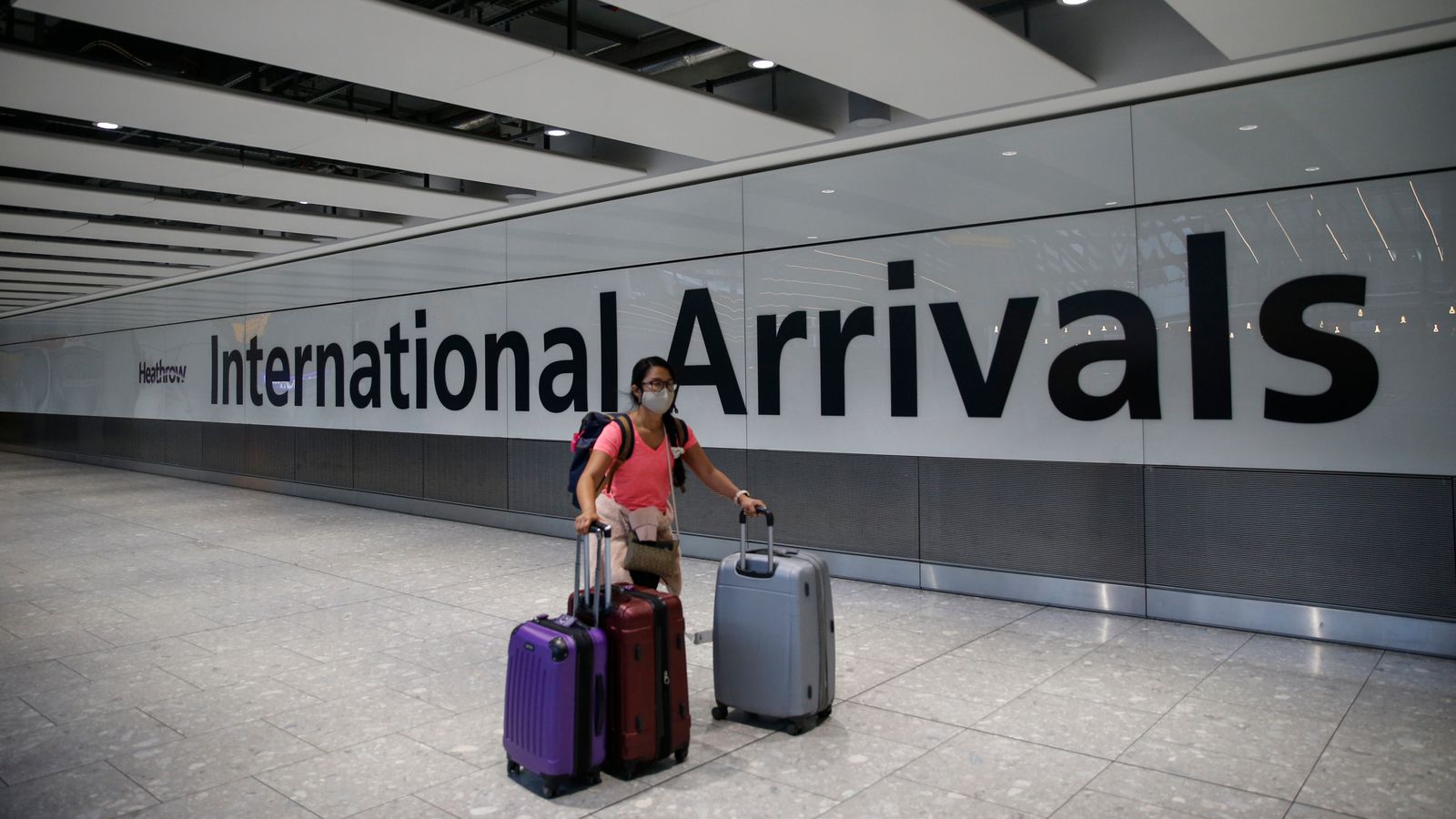
British Prime Minister Boris Johnson has confirmed that it is now “illegal” for British citizens to take holidays abroad until further notice. He said that potential travellers would need to fill in a special form and be questioned at exit points by immigration officials. Those without “an essential reason to travel” would be sent home.
Essential travel is believed to be to work abroad by necessity, medical appointments or for reasons of education. A spokesperson for the Association of British Travel Agents said that British nationals booking tickets would be warned about the new regulations. The Thai embassy in London could not offer clarification on the new rules.
But an off-duty officer said that British citizens with families in Thailand, permanent residents holding a police red book, work permit holders and students should continue to apply for non-immigrant visas as they appeared to be exempt. She added that tourist visas were presumably off-limits in view of the new travel ban by the UK government, although the facilities would not be withdrawn by the Thai authorities.
Mr Johnson also announced that British citizens and permanent residents in UK would now face 10 days of compulsory quarantine in secure hotels, under police supervision, if returning from 30 “red list” countries in southern Africa and Latin America – plus Portugal which is a transit point for many such flights. The Department of Health and Social Care said it was working as fast as possible to establish facilities.
Hotel chains in UK are believed to be cooperating with the new regulations and can offer at least 12,000 rooms located near airports “in the near future”. Passengers will be required to pay for their accommodation which will be in the region of US$2,000. Citizens of the 30 “red list” countries are already banned altogether from the UK and will be sent back even if allowed to board a flight in their home country. Possession of a valid visa is not a guarantee of right of entry.

However, the British government has also warned that if the new measures are not sufficient, a broader compulsory quarantine for returning Brits could be introduced. Scottish first minister Nicola Sturgeon has already warned that she would prefer a total lockdown in which all arrivals, irrespective of departure origin, would enter compulsory and monitored quarantine. One concern is that some travellers may have visited “red list” countries before boarding their final flight in a non-listed one.
Until now, most arrivals in UK have been subject to voluntary quarantine in their own homes. Many virologists think that this system has already failed. A recent poll found that 30 percent of returning Brits had thought that “voluntary” meant they could still go shopping and visit friends. Thailand’s relative success in combatting Covid-19 is likely explained, in part, by compulsory quarantine for all arrivals without exception.
Meanwhile other European countries are introducing stricter travel measures. France and Norway are reducing drastically flights, whilst Germany is considering an almost total ban on planes both landing and taking off. Israel has totally banned all commercial flights, whilst Australia and New Zealand have in place the strictest quarantine regulations worldwide.
The combined effect of these moves is certain to curtail leisure tourism to Thailand from most countries for the foreseeable future. The World Travel and Tourism Council points out that there is now active discouragement to take vacations abroad, whilst there are growing question marks about being able to get back home. There is also the key issue of the additional expense of self-paid quarantine.
As Thai authorities attempt to devise policies to revive international tourism, with initiatives such as The Special Tourist Visa for long stayers, the reality now is that many countries will simply opt out of the leisure market pending mass vaccination or the advent of herd immunity. The biggest international tourist market for Thailand is China, but authorities there are also wary of the dangers posed by the pandemic and are not permitting group or charter travel which is the basis for the millions of Chinese who have traditionally vacationed in Thailand. Sadly, matters are going to get worse for international tourism before they get better.





